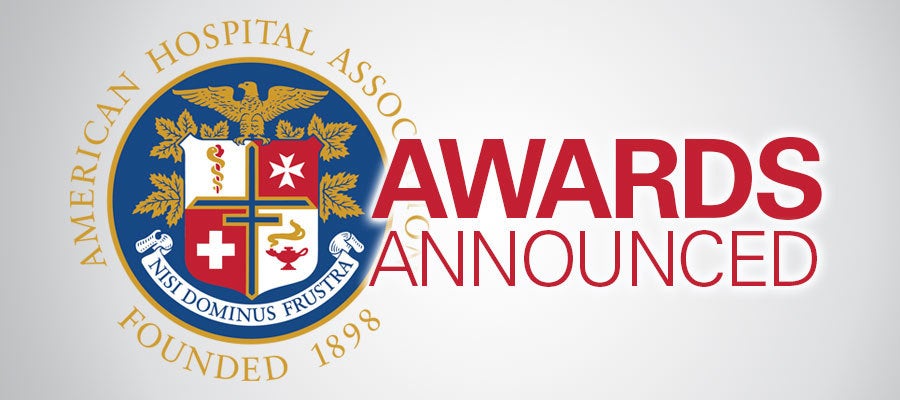
In the newest Leadership Rounds, AHA Board Chair Rod Hochman, M.D., and Fritz Francois, M.D., chief medical officer at New York University Langone Health, discuss emergency preparedness, caregiver resiliency and health equity — all through the lens of the ongoing COVID-19 pandemic





